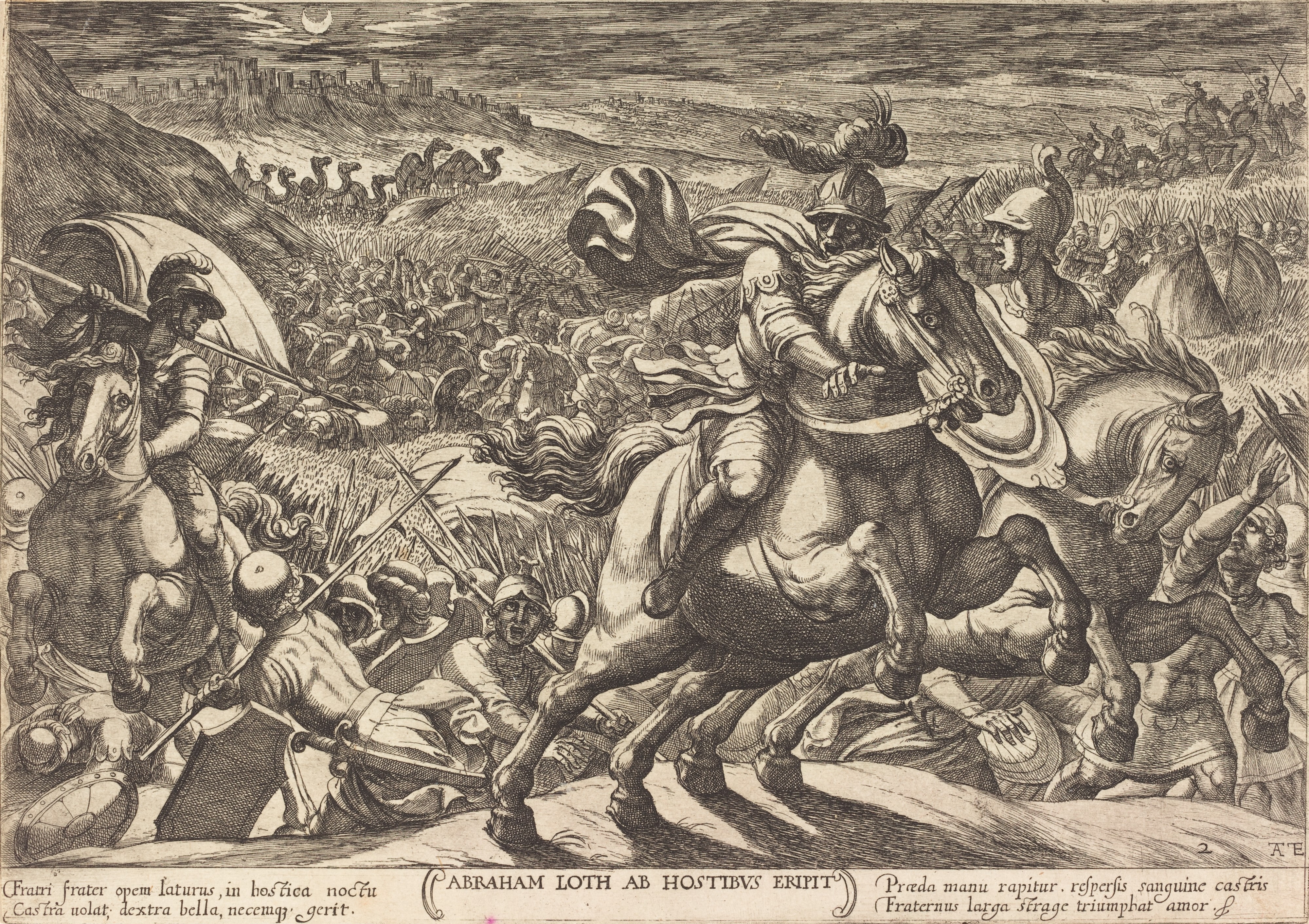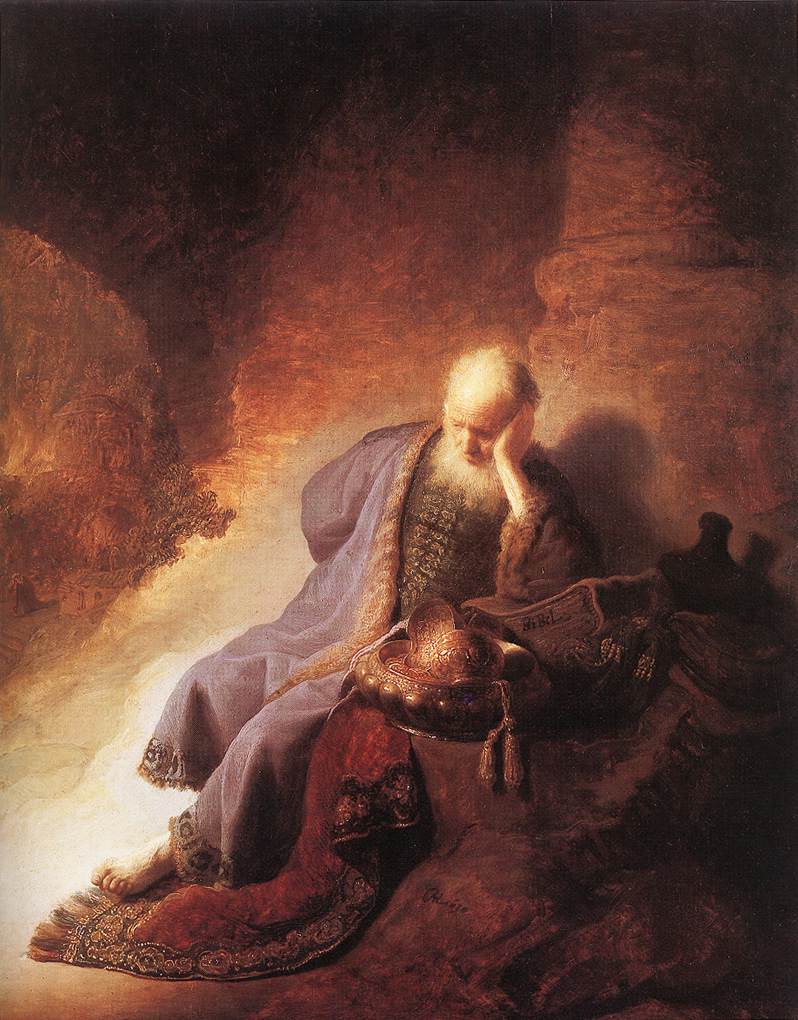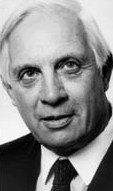
Last night I watched the TV miniseries
The Bible on channel Nine. This was a double episode, out of a series of ten.
Naturally, a series like this has to skip lots of stories. It starts with Noah, skips the
Tower of Babel, focuses extensively on Abraham, skips Jacob and Joseph, and then focuses on Moses. Within the story of Abraham, it skips the
wife-sister narratives, and focuses on the battle of Genesis 14, the destruction of Sodom, and the testing of Abraham in Genesis 22.
It raises the question, are we allowed to "fill in the gaps" – in imagination, teaching, or, in this case, on screen – when the Bible is silent? For example, I thought
Lot's wife was really well portrayed. The Bible tells us almost nothing about her, and she does not speak at all, but from what we
do know about her, (and how she is turned into a
pillar of salt), we can build up an impression. Her portrayal in this series (with lines like "The future is in the city") was extremely plausible.
I thought the episode had a good introduction. It starts with Noah in the ark. What were the people doing all that time? The Bible doesn't say. The TV series has Noah telling the story of creation to his family. I see that this aspect has been
criticised on the basis that the the creation account was not written until much later. However, I think it very likely that there was a strong oral tradition (particularly along the covenant line) of the creation story being passed down.
It is important to point out that this series is not particularly Christian. There is very little here with which a non-Christian Jew, for example, would disagree. There was, for example, no reference to the
protoevangelium – the promise of the Messiah given in Genesis 3. However, when the three figures appear to Abraham, the scene is done very well – two show their faces, while one stays hidden. The hidden one would be the one who, according to the biblical text, is the L
ORD himself.
 |
| Tempesta's depiction of the battle is more faithful to the text. |
I found the
Battle of Siddim disappointing. According to the Bible, Abraham has an army of 318 men, and seems to fight a pitched battle. In this series, it's a stealth attack with a mere handful of men. (Was this due to a low budget?) The mysterious but important figure of
Melchizedek is dropped altogether. And there is nothing here about about Abraham winning a battle on behalf of the kings of the land (even the king of Sodom!) In fact, the promise of Abraham being a blessing is missing, though offspring and land are emphasised. So "I will make you a father of many nations" becomes "I will make you a father of God's nation". If I can put it like this, the series is too Jewish. It doesn't have the universal scope of the promises that the biblical text exhibits.
The story of Sodom is toned down a bit, kind of the way you might tell it to children. But it means we have Sodom without the sodomy. There is no hint of homosexual rape, and Lot doesn't offer his daughters to the mob. (The daughters look very young anyway.) The series has been criticised for its
ninja angels, and although I like the idea of depicting angels as warriors, I would have though the Bible had enough action without needing to introduce more.
The depiction of Abraham's faith is rather disappointing. When God speaks to him, it is inaudible (unlike with Moses and the burning bush) and as a result Abraham seems somewhat mad. When Abraham is tested in the TV series, he says to Isaac, "The Lord will provide a sacrifice, my son." That is a significant departure from the biblical text of Genesis 22, which has "a
lamb for the sacrifice". This change makes the viewer think that Abraham doesn't really believe God will rescue Isaac.
Of course, we need the New Testament to fully understand this story.
Hebrews 11 says that Abraham "
considered that God was able even to raise him from the dead, from which, figuratively speaking, he did receive him back." B. B. Warfield says that the Old Testament is like a richly furnished but dimly lit room – we need the light of the New Testament to illuminate it.
 |
| In this picture Pharaoh is drowned, but the Bible doesn't say that. |
Even I learned something knew while watching it. I have to admit that it only occurred to me while watching the show that the (non-)sacrifice of Isaac in Genesis is a prefigurement of the Death of the Firstborn in Exodus. And I was surprised to see that, in the series, Pharaoh survived the crossing of the Red Sea, only to discover that the Bible is not totally clear on this point. It says that "
Pharaoh drew near" (Exodus 14:10) that God "will get glory over Pharaoh and all his host, his chariots, and his horsemen" (v. 17), that "the Egyptians pursued and went in after them into the midst of the sea, all Pharaoh's horses, his chariots, and his horsemen" (v. 23), and that "of all the host of Pharaoh that had followed them into the sea, not one of them remained" (v. 28). Similarly, Exodus 15:4
says "Pharaoh's chariots and his host he cast into the sea, and his
chosen officers were sunk in the Red Sea." This does rather make it seem that Pharaoh sent his army into the sea rather than going in himself. Psalm 136:15 says God "overthrew Pharaoh and his host in the Red Sea", but that could refer to the military defeat rather than actual drowning.
This post obviously doesn't exhaust the possibilities of what can be said about this series. There are a few more inaccuracies that I haven't mentioned here. For a couple of other interesting blog posts on the series, see here and here.





